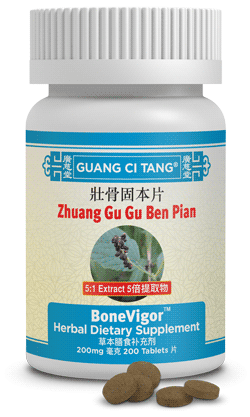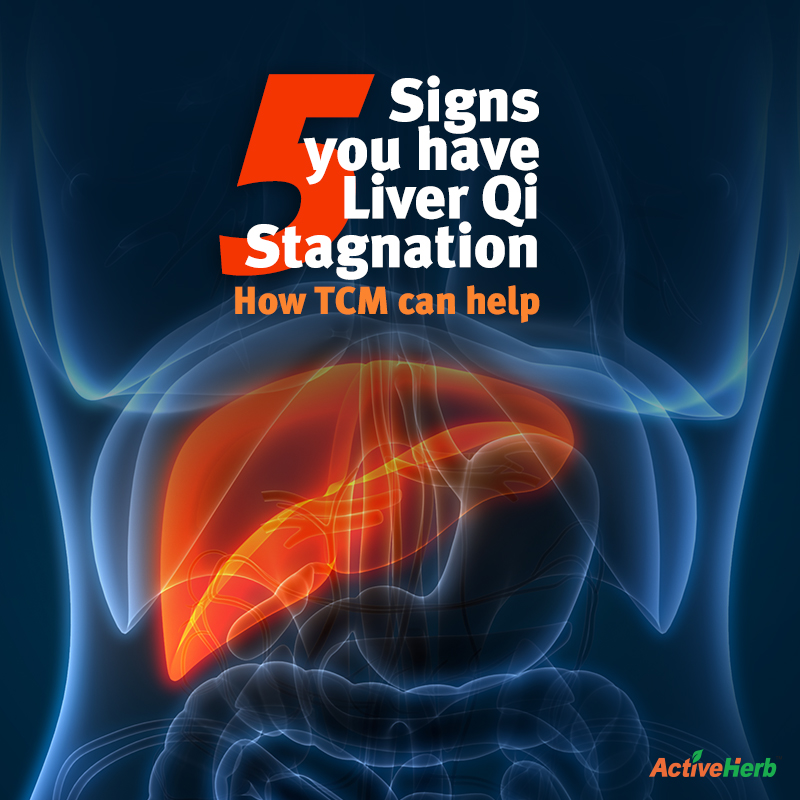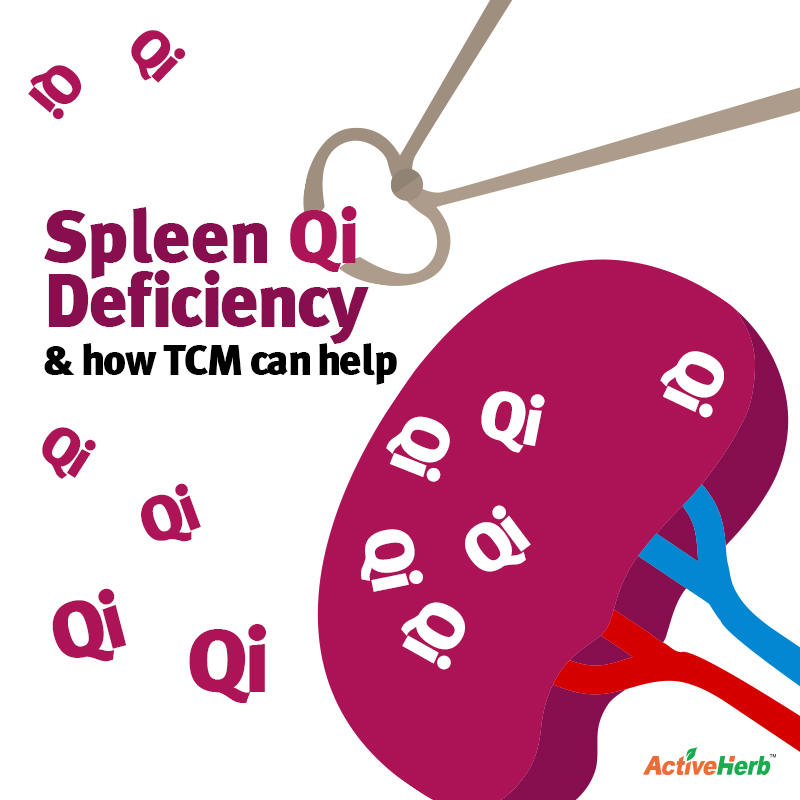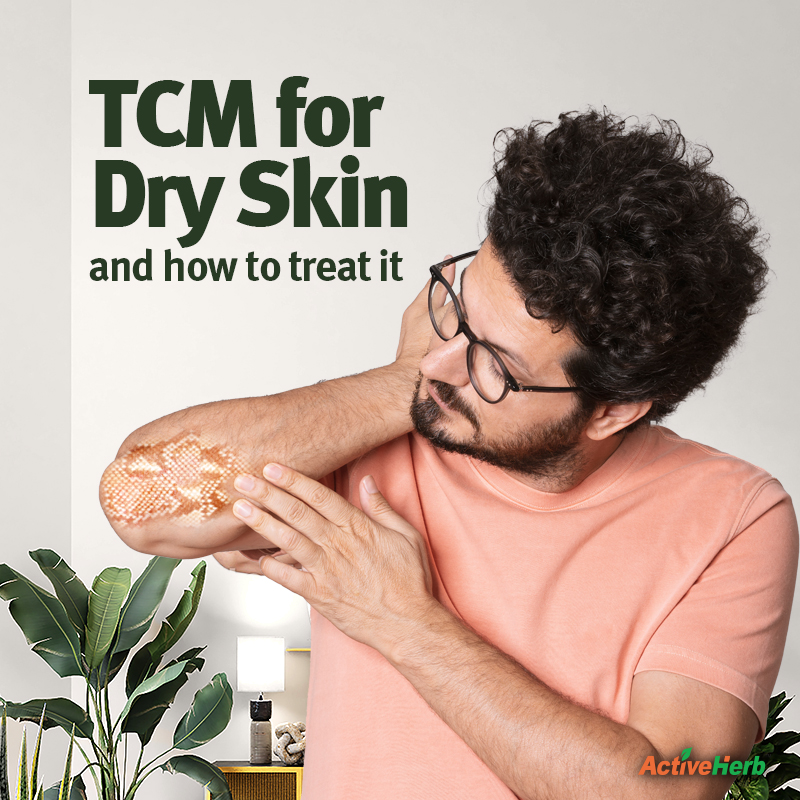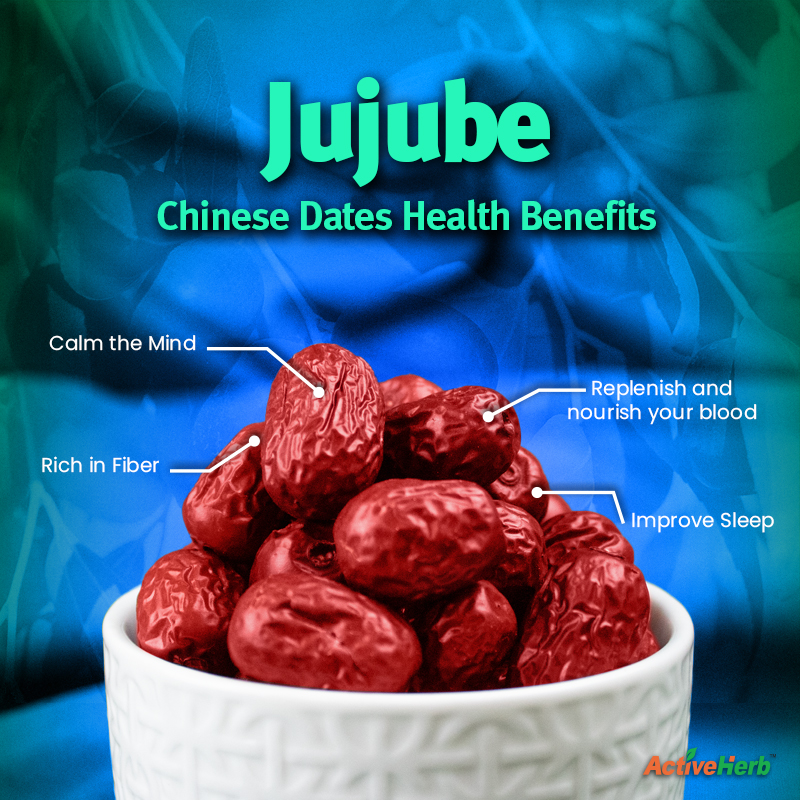The Ancient Secret To Building Strong Bones (It’s Not Milk!)
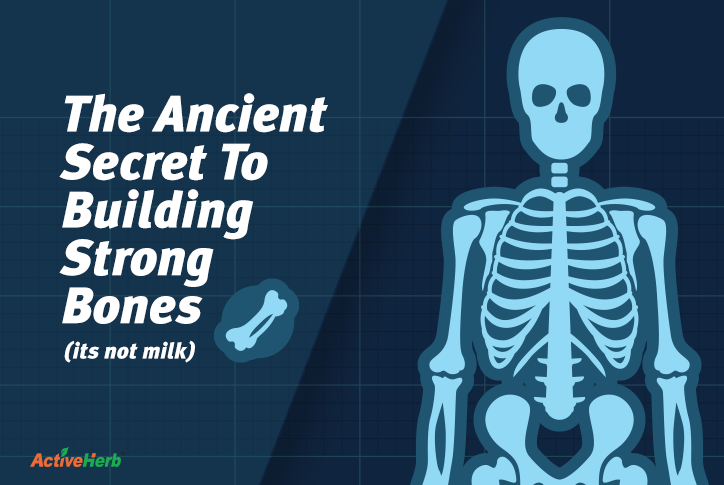
“Milk: it does a body good” … presumably, for bone health.
Do you remember that ad campaign? It’s got to be one of the most successful advertising catchphrases of all time.
Created for the American Dairy Association, the ad conveyed to consumers that they will be cool like the milk-mustache-wearing celebrities in the ads. Besides the hip factor, the campaign had a secondary purpose: to convince consumers that the calcium in milk helps build strong bones.
But did this campaign as well as the other successful “Got Milk?” advertisements, instead of making people more culturally hip, actually contribute to thousands of hip fractures?
If drinking cow’s milk and consuming other dairy products, a staple of the Standard American Diet, is so good for bone health as the American Dairy Association would have the public believe, how does one explain the high rate of osteoporosis and hip fractures in the West?
If people are drinking their milk then they surely must be getting enough calcium in the diet, right?
Building Bone Health: The Calcium Paradox
Here’s why the term, “Calcium Paradox” was coined by the World Health Organization: Hip fracture rates are highest in countries that consume the most dairy and calcium. Conversely, countries that consume little or no milk, dairy or calcium supplements have 50% to 70% lower fracture rates.
As an example, take the difference between the USA and China. The former is a large per-capita dairy consumer; the latter’s traditional diet typically does not include cow’s milk and cheese. The estimated percentage of adults 50 years of age and older with osteoporosis and low bone mass in the USA is 54%. In comparison, the overall prevalence of osteoporosis in mainland China is approximately 7% among adults.
So if milk, after all, doesn’t do a body good, why is that? The reason is that when you consume lots of conventional dairy products, your bones actually leach calcium to buffer the acid. With less calcium in the bones, you end up with a lower bone density mass.
Bone Health Begins In The Kidney Organ
Ancient Chinese medicine theory doesn’t have much to say about the calcium paradox. That’s because of the simple reason most people living in rural villages weren’t consuming dairy. So what does traditional Chinese Medicine (TCM) theorize about bone health?
Let’s start with the basic, foundational principle of TCM, which is that staying healthy with vim and vigor is dependent upon maintaining balanced energy of Yin and Yang energies throughout the body.
Of the 10 organ systems (5 pairs) in TCM, bone health is largely determined by the Kidney system. The Kidneys determine the overall skeleton’s growth, development and repair capabilities. It’s in the Kidney organ system that marrow is produced. And, it’s also the system responsible for the flow of Qi throughout the whole body.
If there is weakness in the Kidney system, bone health can suffer. If your diet is poor (e.g. too much dairy) and you’re not taking Kidney tonic Chinese herbs, you may be at risk for developing low bone mineral density.
Bone Health & Chinese Medicine: Blood Matters
Another factor that leads to poor bone health, according to TCM theory is lack of blood flow (i.e. circulation). Because Qi moves the Blood, if you have poor Kidney Qi, your Blood will be unable to nourish the bones.
What’s the simple recommendation for eliminating Blood Stasis and improving blood flow? One ancient TCM solution is the same in the west: exercise.
As you age, of course, you become more vulnerable to fractures caused by low bone mineral density. But if you supplement with Kidney and Blood tonics, these herbs may support your bone health.
TCM Formulas That Support Bone Health
The matrix, or structural integrity of your bones are constantly playing a tug of war battle between bone formation and bone loss. ActiveHerb’s BoneVigor formula contains herbs that are backed by research to help strengthen Kidney organ function and support bone formation.
Strengthen Bones & Tendons After An Injury
According to TCM theory, icing an injury is the last thing you want to do. Instead, if your bones are bruised from an injury, our formula Bruise Mender may help. It’s one of the most complex formulas in all of TCM, containing 23 Chinese herbs. Collectively, these herbs remove blood stasis (icing contributes to blood stasis), invigorate the blood, strengthen the bones and support healing.
Conclusion
After menopause, the bone mineral density in women can drop precipitously, while in men, the decrease usually occurs around 65. To support bone health, don’t eat too much dairy (calcium supplements may also be problematic), make sure you’re getting enough vitamin D, take Chinese medicine Kidney tonics and go for a nice long vigorous walk.
Recommended Reading From The ActiveHerb Blog:
Vitamin D & TCM: What’s the connection?
Sexual Wellness In Chinese Medicine: It’s All In Your Kidneys



